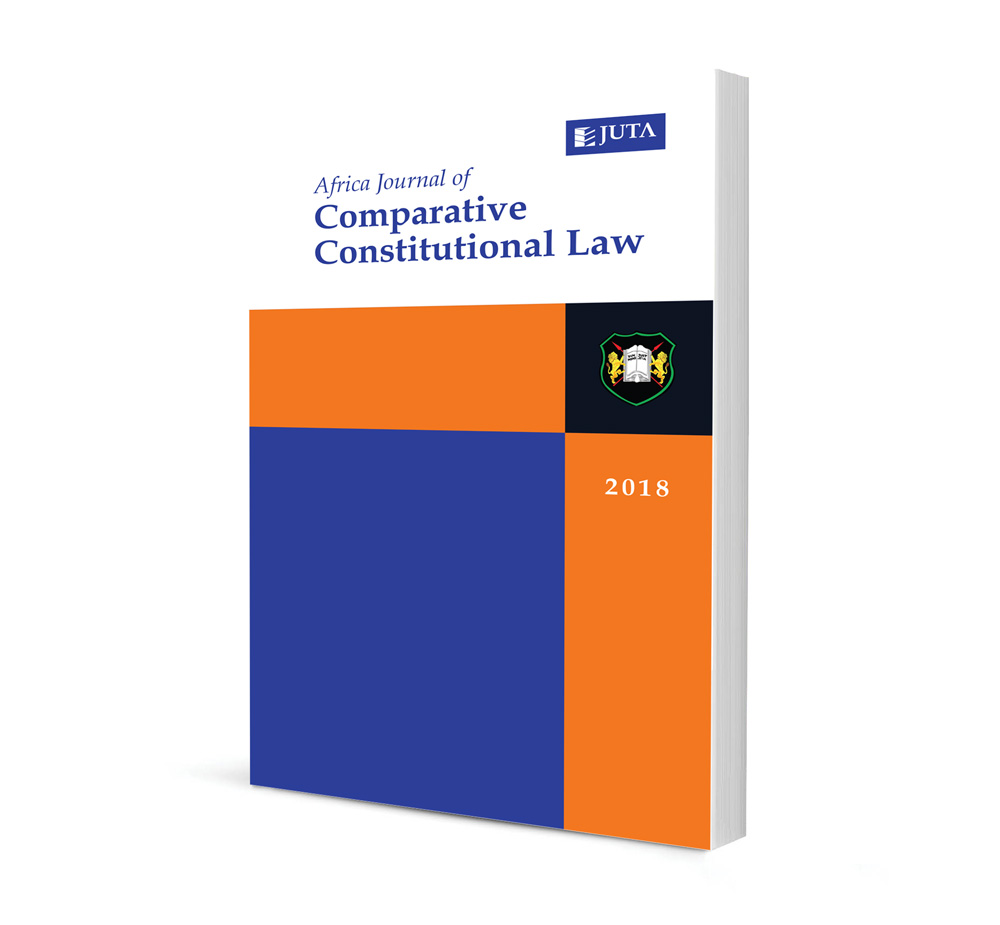
Human Rights and Family-Policy Issues Under Kenya’s Marriage Act of 2014
Authors Michael Nyongesa Wabwile
ISSN: 2521-5434
Affiliations: Associate Professor, Faculty of Law, Egerton University; Executive Director of the Association of Child and Family Lawyers of Kenya
Source: Africa Journal of Comparative Constitutional Law, 2017, p. 67 – 98
Abstract
With the enactment and coming into force of Kenya’s Marriage Act of 2014 and subsequent case law in this regard, it is necessary to explore the implications of this legislation for the enjoyment of civil liberties and human rights. The Marriage Act traverses wide territory, from the basic standards for establishing marital status, matrimonial responsibilities, termination of marriage and post-divorce settlements. It also engages themes in constitutional law. This article illustrates the complexity of rights claims in marriage law in a pluralist Kenyan society. This is foreseeable, because human rights are essentially contested political values, which societies deliberate on and agree to implement. Thus, there are competing visions of equal rights of spouses at the time of contracting marriage and the entrenched cultural practices of bride price. Courts have attempted to interpret the legal implications of equal rights in polygamous marriage, while the basis for post-divorce adult maintenance is contentious. Recent cases suggest that some critical aspects of contested rights issues, such as equal rights in marriage and plural marriages, remain unsettled. Moreover, the constitutional promise of ‘recognition and protection of the family’ cannot be addressed by the restricted scope of the Marriage Act. For families outside marriage, the gaps in legislation represent uncertainty regarding the ideal policy response, especially due to the reluctance to impose formal legal regulation on non-formal family structures. By dissecting competing value propositions of rights claims, the article demonstrates why the struggle for family rights should continue in the arena of interpretational communities. These include the courts, professional associations, experts, civil-society organisations and legislative bodies.